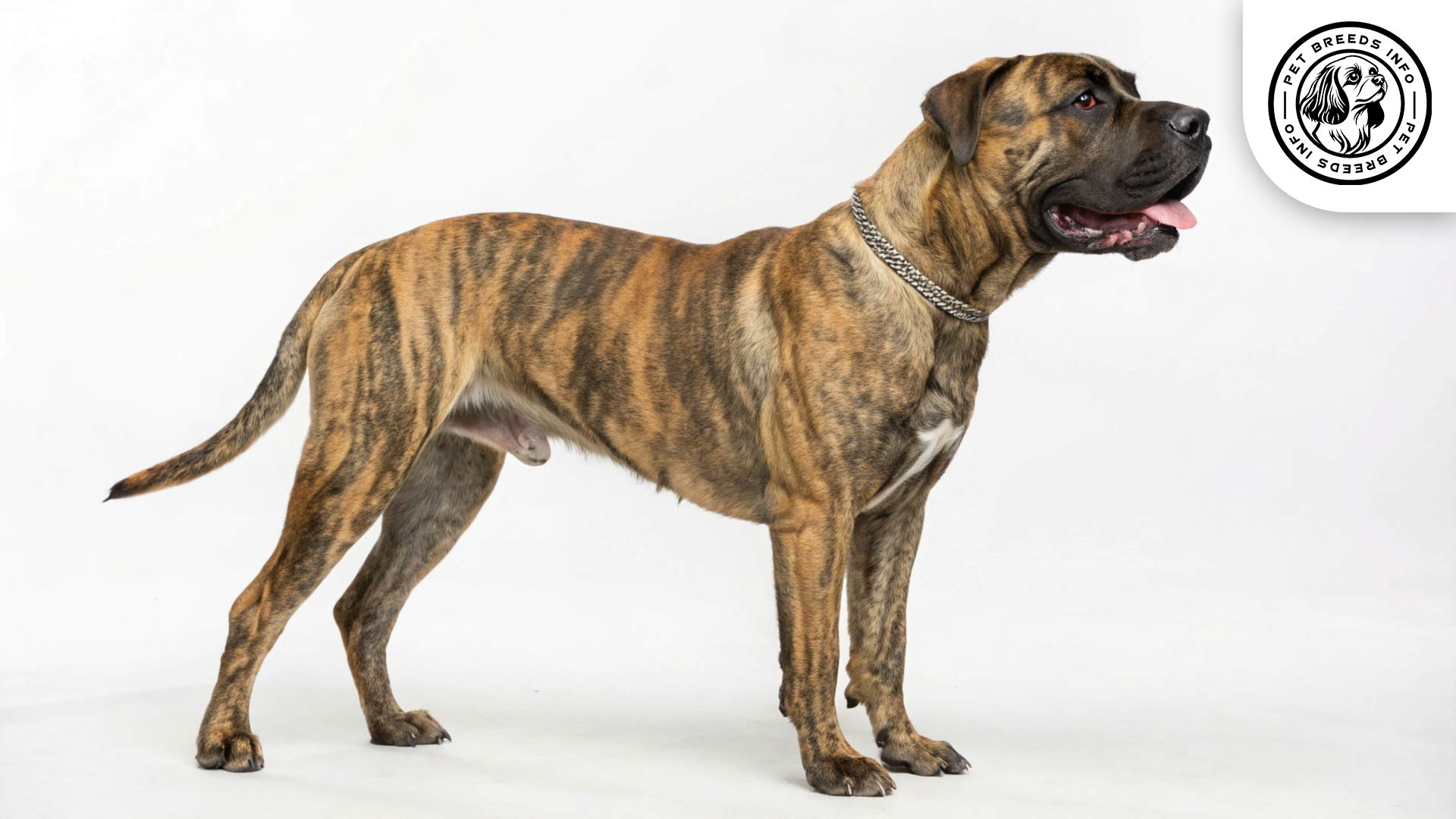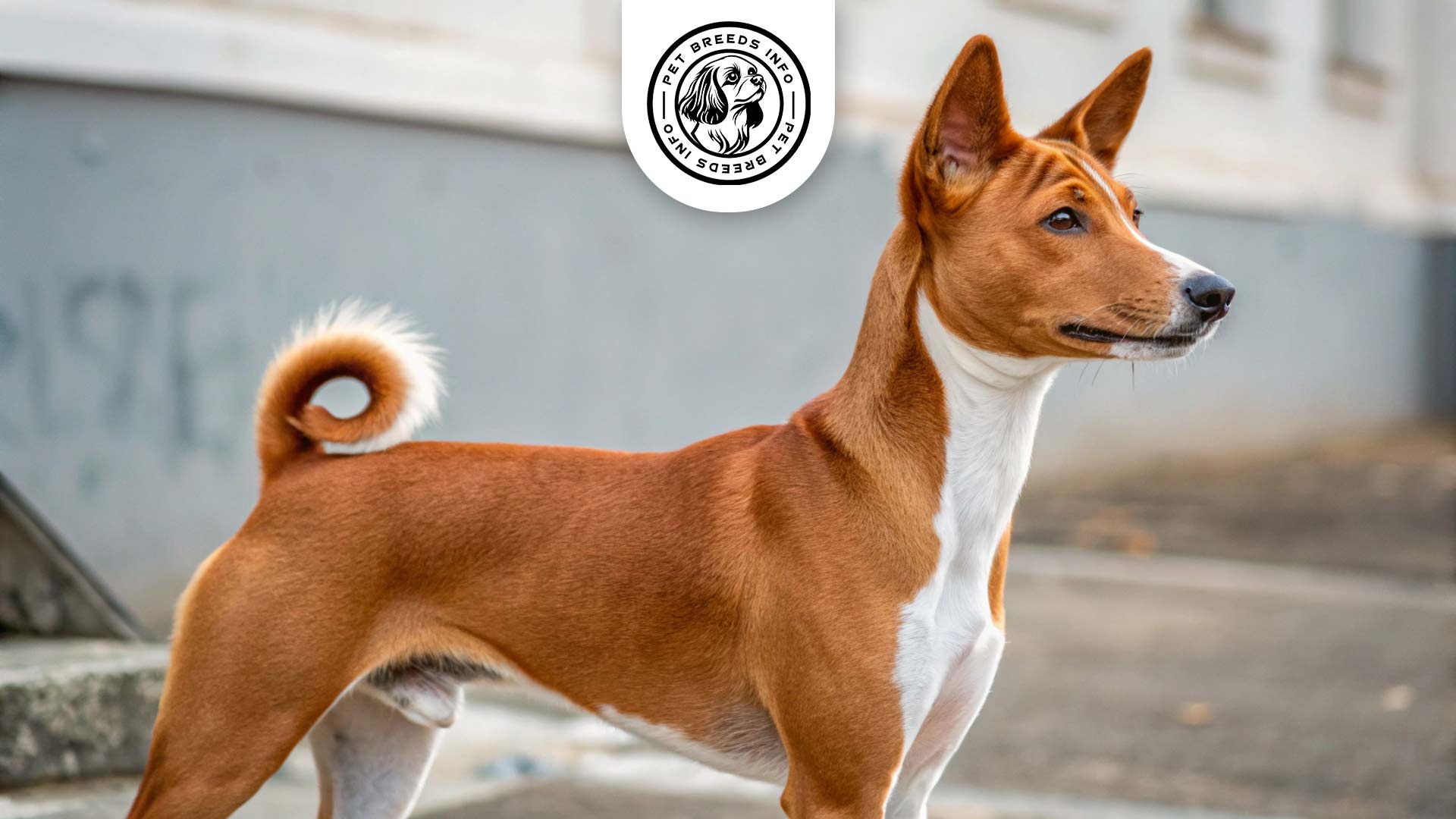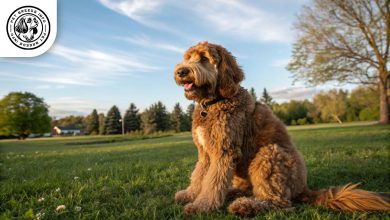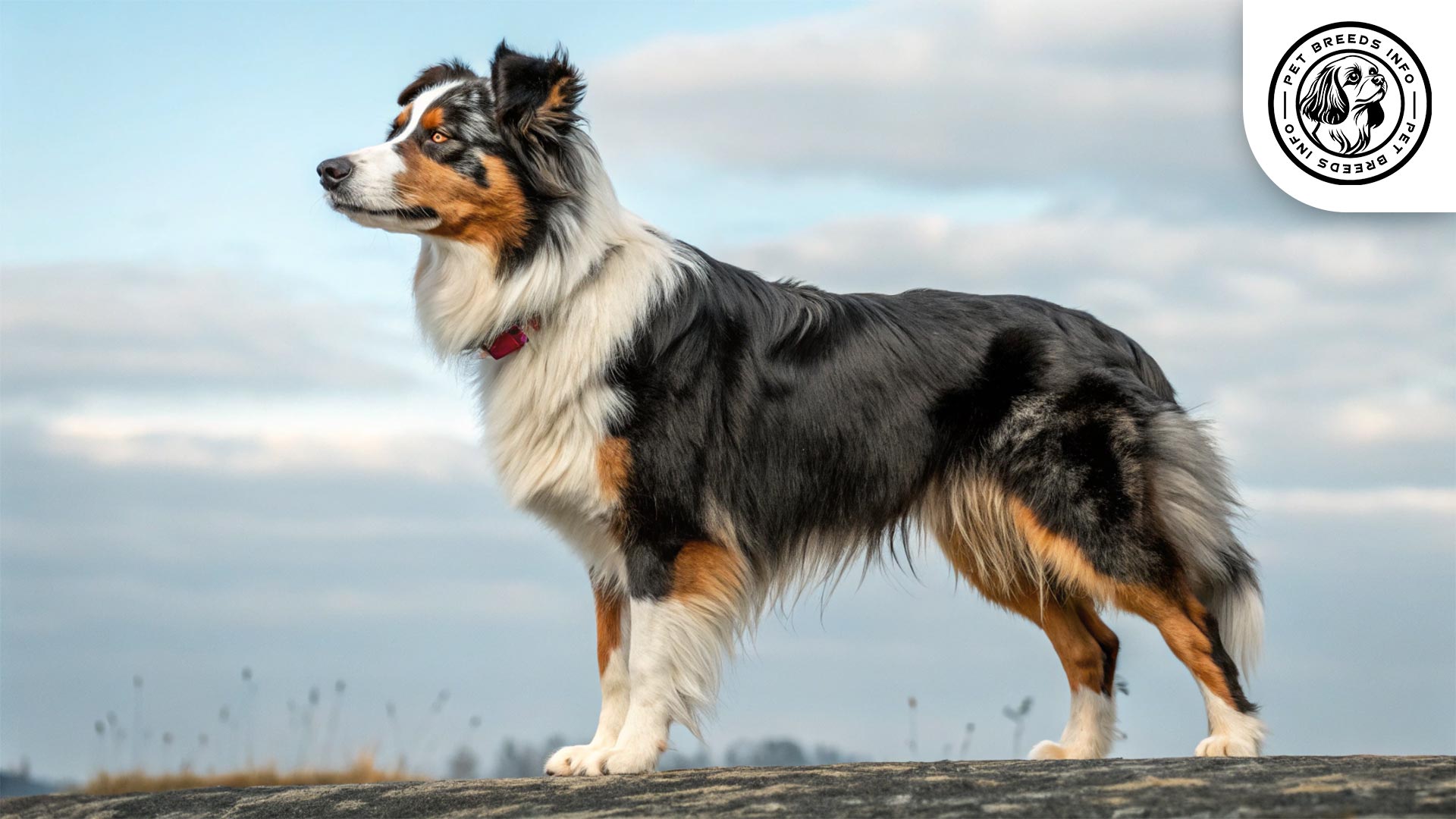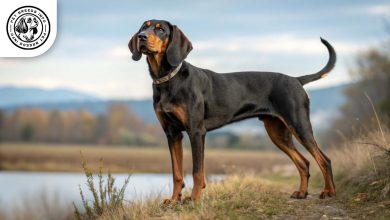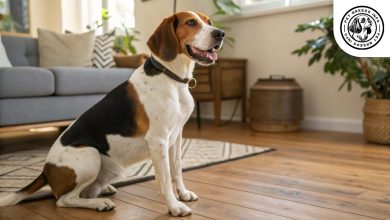Dogo Canario Dog Breed: Size, Health, Price & Personality
General Introduction of the Breed
The Dogo Canario, also known as the Presa Canario or Canary Mastiff, originates from the Canary Islands, Spain. Historically, this breed was developed as a working dog for guarding and herding livestock. It has a long history dating back to the 15th and 16th centuries when Spanish conquistadors brought Molosser-type dogs to the islands, which were later bred with local breeds to create a powerful guard dog. Over time, the breed gained prominence for its strength, loyalty, and protective instincts.
Table of Contents
| Weight | Males: 100-130 lbs (45-59 kg) Females: 85-110 lbs (39-50 kg) |
| Lifespan | 9-12 years |
| Diet | High-quality, protein-rich diet (commercial kibble, wet food, or raw diet). Avoid table scraps and toxic foods. |
| Care | Regular exercise (daily walks, jogging, playtime). Low-maintenance coat (occasional brushing). Routine nail trimming, ear cleaning, and dental hygiene. Protection from extreme temperatures. |
| Health | Prone to hip dysplasia, elbow dysplasia, and gastric torsion (bloat). Regular veterinary check-ups and preventative care are essential. |
| Color | Brindle, fawn, and black, often with a dark mask on the face. |
| Nature | Intelligent, loyal, protective, and strong-willed. Requires experienced handlers and consistent training. May exhibit dominance with other dogs. |
| Price | $1,500 – $3,500 (puppy). Adoption from rescue organizations is also an option. |
Physical Characteristics
The Dogo Canario is a large and muscular dog. Males typically stand between 23 to 26 inches (58 to 66 cm) tall and weigh between 100 to 130 pounds (45 to 59 kg). Females are slightly smaller, ranging from 22 to 25 inches (56 to 64 cm) in height and weighing around 85 to 110 pounds (39 to 50 kg).
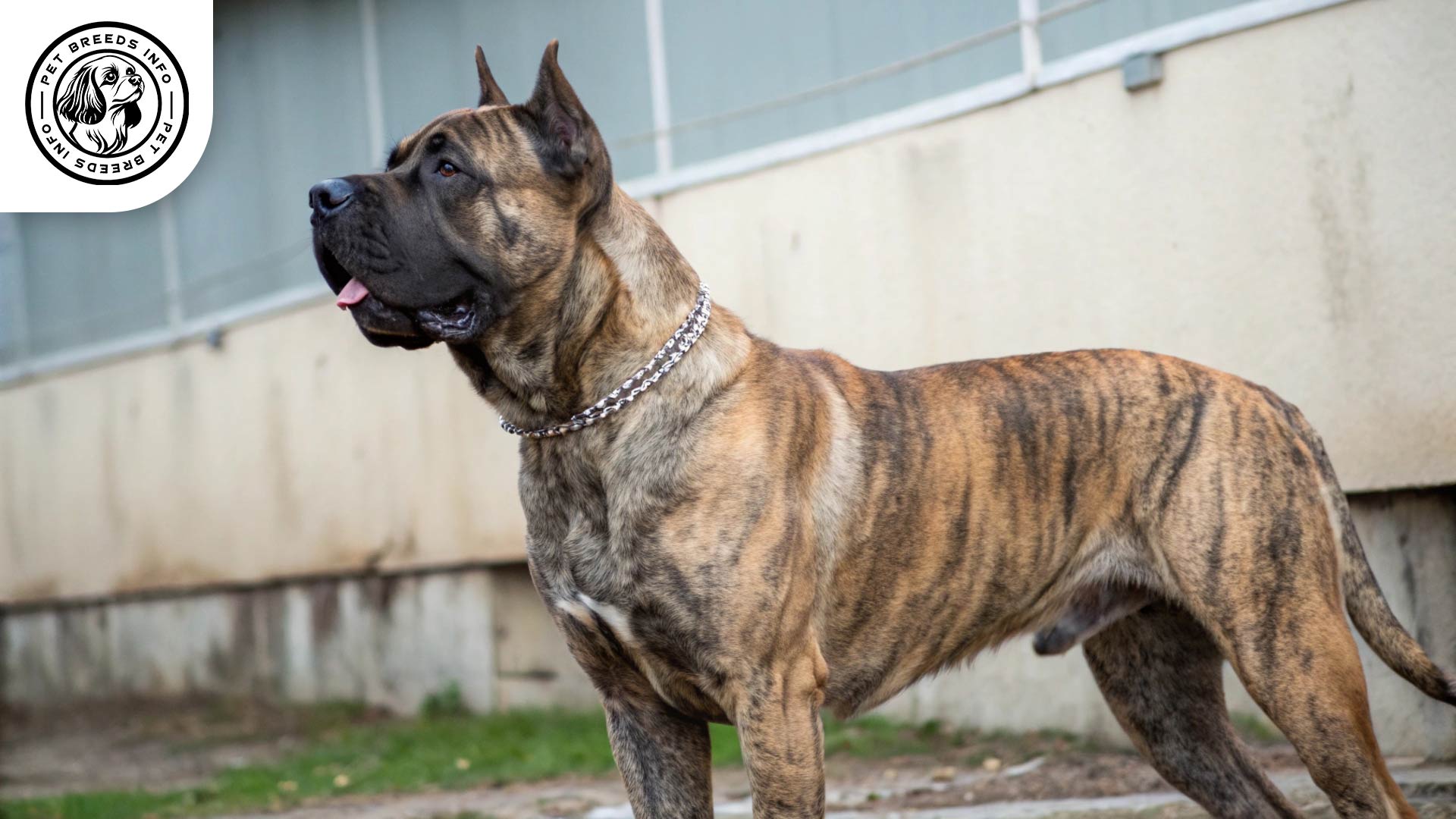
The coat is short, coarse, and lies flat against the skin. Coat colors include brindle, fawn, and black, often with a dark mask on the face. This breed has almond-shaped, medium-sized eyes that are typically dark brown. The ears are traditionally cropped in some regions but, when left natural, they are medium-sized and slightly drooping. The tail is thick at the base and tapers toward the end. Distinctive features include a broad head, strong jaw, and well-developed muscles.
Read More: Catahoula Leopard Dog
Personality and Temperament
The Dogo Canario is intelligent and highly trainable, but it requires an experienced handler. It has a calm yet confident demeanor and is known for its strong protective instincts. This breed has a moderate to high energy level and needs regular exercise and mental stimulation.
It forms strong bonds with its owners and is deeply loyal. While it can be affectionate with family members, it tends to be wary of strangers. With early socialization, it can be good with children, but due to its powerful build and protective nature, supervision is necessary.
The breed may exhibit dominance with other dogs and pets, requiring consistent training. It has a strong prey drive and territorial instincts, making it an excellent guardian but requiring careful introductions to unfamiliar animals. It is sensitive to changes in its environment and needs structured leadership.
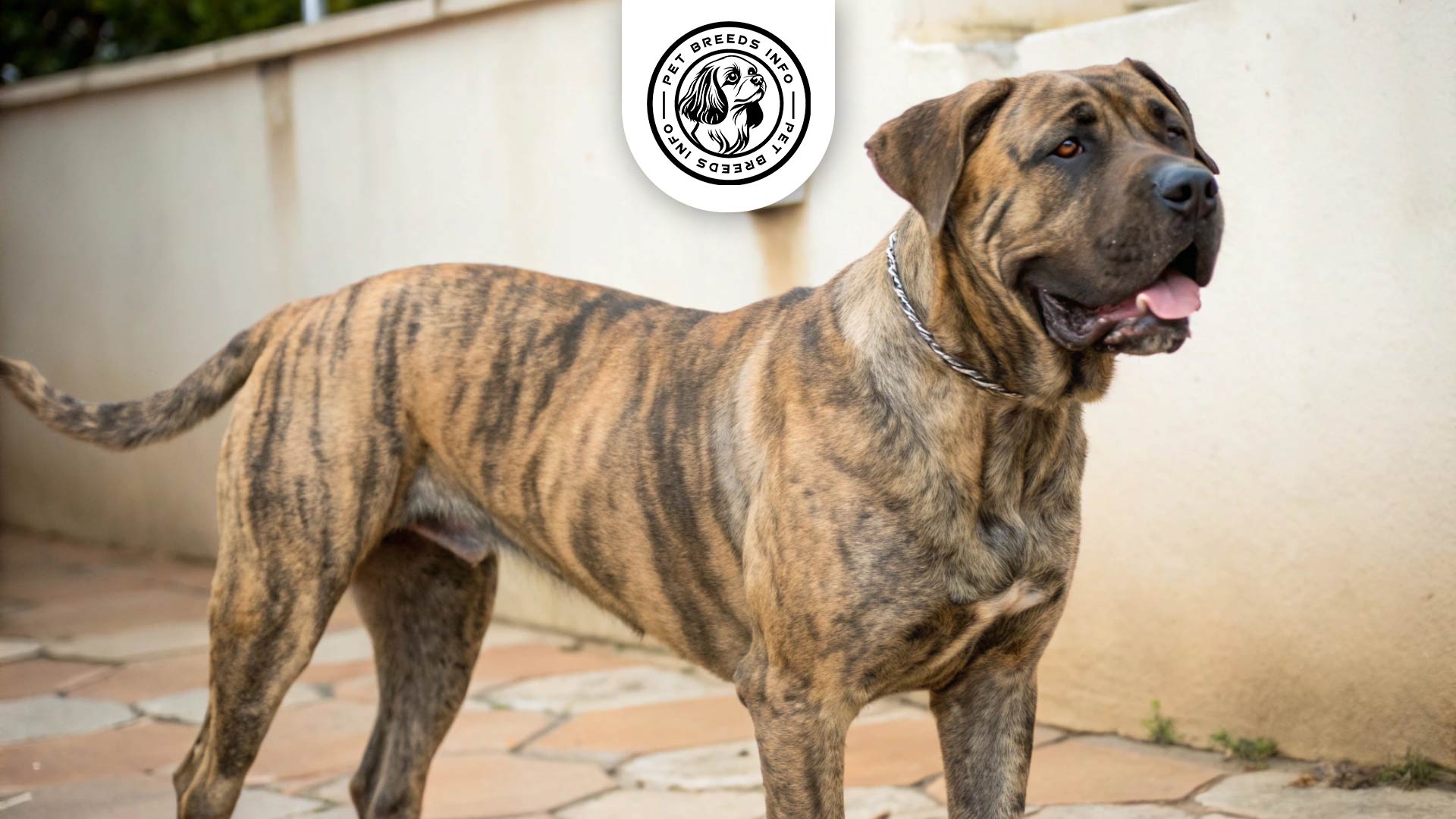
Care and Maintenance Requirements
The Dogo Canario requires regular exercise, including daily walks, jogging, and playtime in a secure area. A home with a fenced yard is ideal, as it is not well-suited for small apartments.
Its coat is low maintenance, requiring occasional brushing to remove loose hair. Shedding is moderate, and bathing should be done as needed. Routine nail trimming, ear cleaning, and dental hygiene are essential.
The breed is sensitive to extreme temperatures, particularly excessive heat, and should have access to shade and fresh water during warm weather.
Diet and Nutrition
The Dogo Canario thrives on a high-quality diet, whether commercial kibble, wet food, or a raw diet. Protein-rich food is essential to maintain muscle mass.
Avoid feeding table scraps, excessive carbohydrates, or foods toxic to dogs, such as chocolate, onions, and grapes. Portion sizes should be appropriate to the dog’s size and activity level, typically divided into two meals per day.
Read More: Cirneco dell’Etna Dog
Health and Common Medical Issues
This breed is generally healthy but may be prone to certain genetic conditions, such as hip dysplasia, elbow dysplasia, and gastric torsion (bloat). Regular veterinary check-ups are necessary to monitor joint health and overall well-being.
The average lifespan of a Dogo Canario ranges from 9 to 12 years. Routine vaccinations, flea and tick prevention, and parasite control are important aspects of maintaining good health.
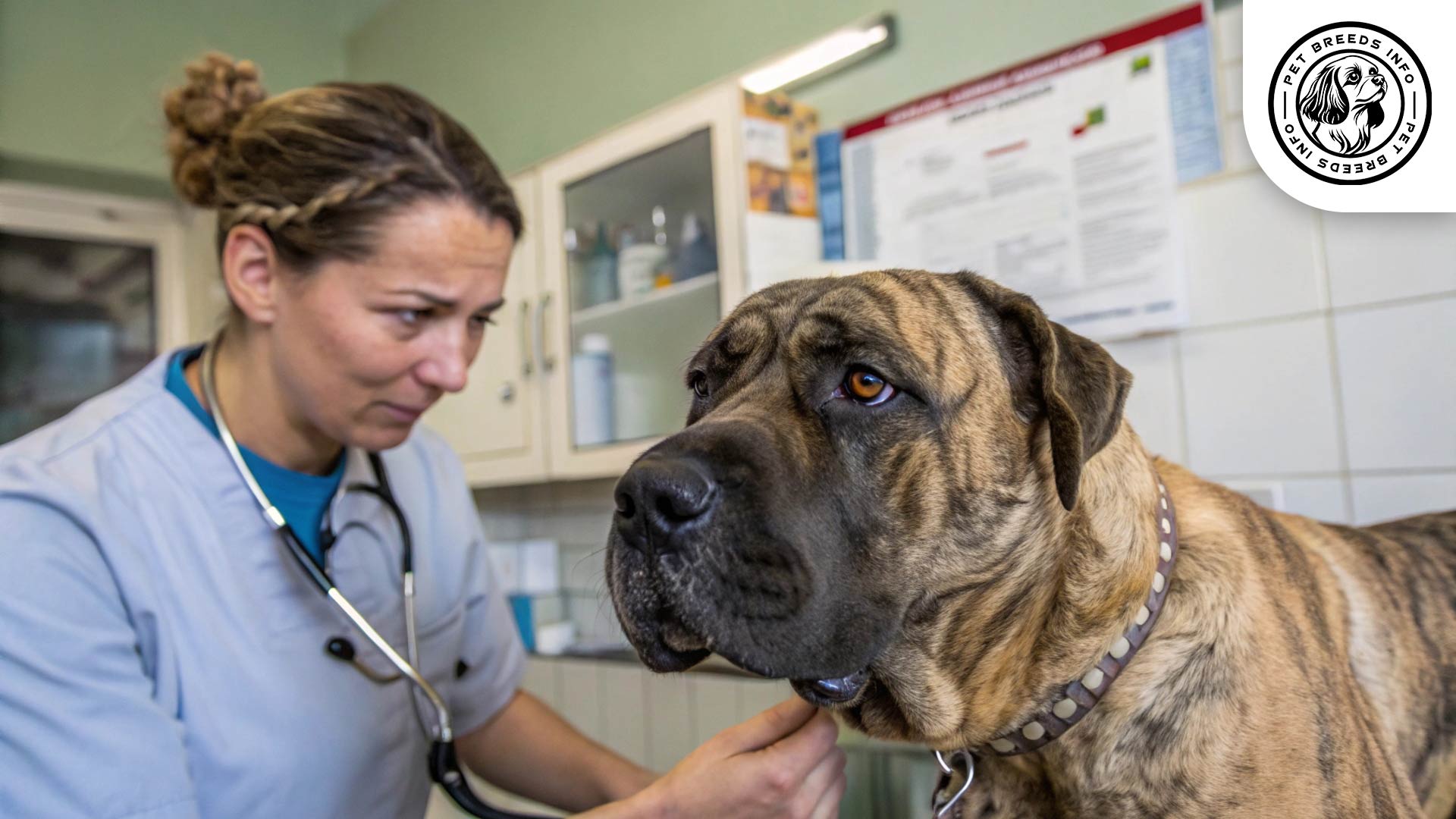
Training and Behavior Management
The Dogo Canario is intelligent but requires a firm and consistent training approach. Early socialization is essential to prevent territorial aggression or dominance issues.
Positive reinforcement methods, such as praise and treats, work well. This breed benefits from obedience training, structured activities, and leadership from an experienced owner. Harsh training methods should be avoided, as they can lead to resistance or behavioral issues.
Interaction with Other Animals and Humans
With proper socialization, the Dogo Canario can be a good family pet, but caution is necessary around small children due to its size and strength. Supervised interactions and early training help ensure good behavior.
It can be dominant towards other dogs and has a strong prey drive, making it unsuitable for homes with smaller pets like cats unless raised with them from an early age.
Best suited for experienced dog owners, the breed thrives in environments where it receives structured training, socialization, and clear leadership.
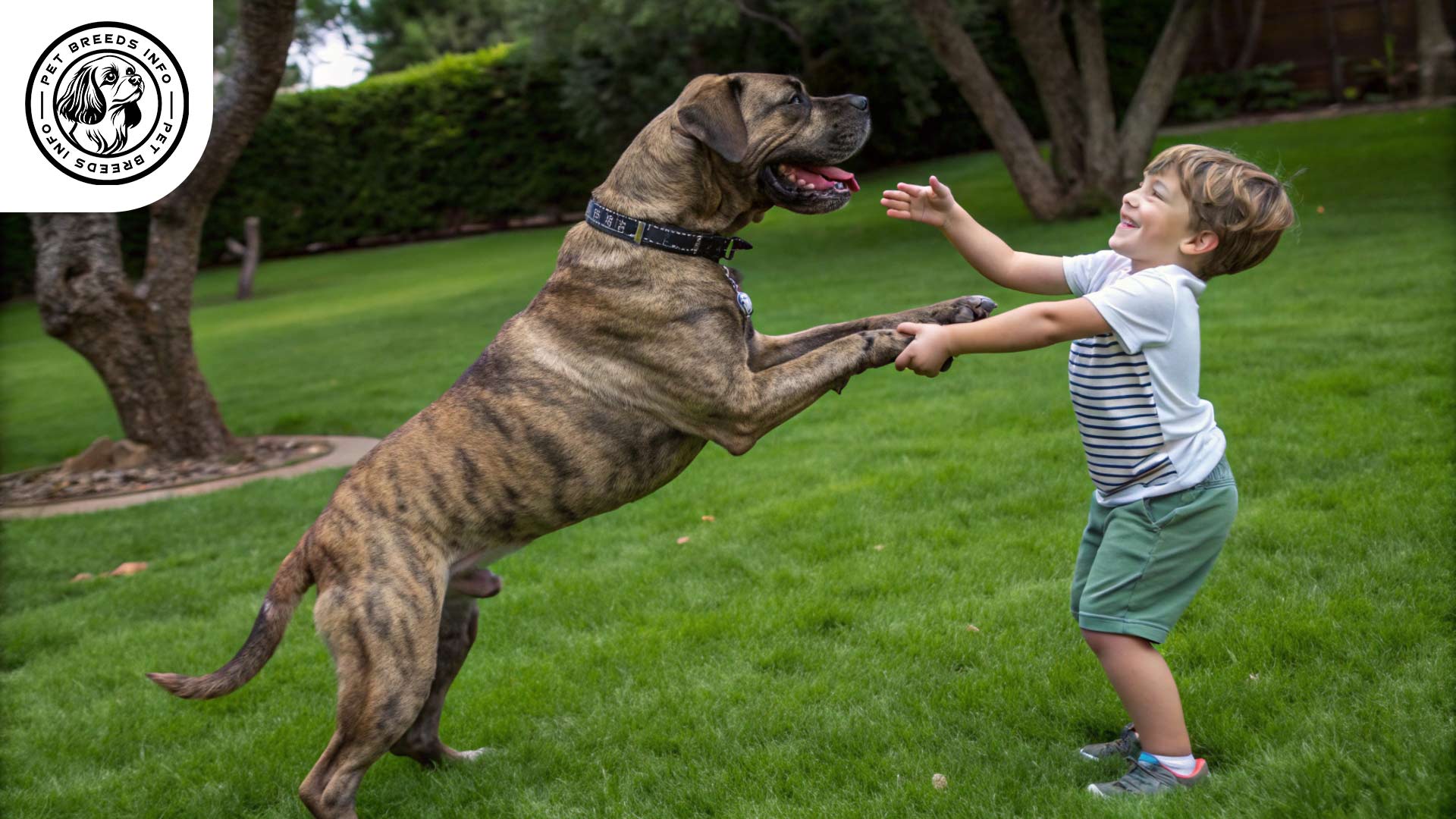
Price and Availability
The cost of a Dogo Canario puppy typically ranges from $1,500 to $3,500, depending on the breeder, lineage, and location. Adoption from rescue organizations is also an option.
Potential owners should ensure they source puppies from reputable breeders who conduct health screenings and provide proper socialization. Avoid purchasing from backyard breeders or unethical sources.
Read More: Croatian Sheepdog
Conclusion and Final Thoughts
The Dogo Canario is a powerful and loyal breed best suited for experienced owners who understand training, leadership, and socialization needs. It thrives in homes with ample space and a strong handler capable of providing structure.
Prospective owners should consider the breed’s protective nature, exercise demands, and training requirements before committing. When properly trained and socialized, the Dogo Canario is a devoted guardian and companion.
FAQ
What is the Dogo Canario’s temperament like?
The Dogo Canario is known for its loyalty, protective nature, and intelligence. It requires an experienced handler due to its strong-willed demeanor. Early socialization and consistent training are crucial.
What are the care requirements for a Dogo Canario?
This breed needs regular exercise, including daily walks and playtime in a secure area. Their coat is low-maintenance, requiring occasional brushing. Routine nail trimming, ear cleaning, and dental hygiene are essential. They are also sensitive to extreme temperatures.
Are Dogo Canarios good with children and other pets?
With proper socialization, they can be good family pets, but supervision is necessary around small children due to their size and strength. They can be dominant towards other dogs and may not be suitable for homes with smaller pets unless raised with them from an early age.
What are the common health issues for Dogo Canarios?
This breed is prone to certain genetic conditions, such as hip dysplasia, elbow dysplasia, and gastric torsion (bloat). Regular veterinary check-ups and preventative care are essential. Also due to their large size, joint supplements as they age may be needed.
How much does a Dogo Canario puppy cost, and where can I get one?
The cost of a Dogo Canario puppy typically ranges from $1,500 to $3,500, depending on the breeder, lineage, and location. Adoption from rescue organizations is also an option. It is very important to get this breed from a reputable breeder.
